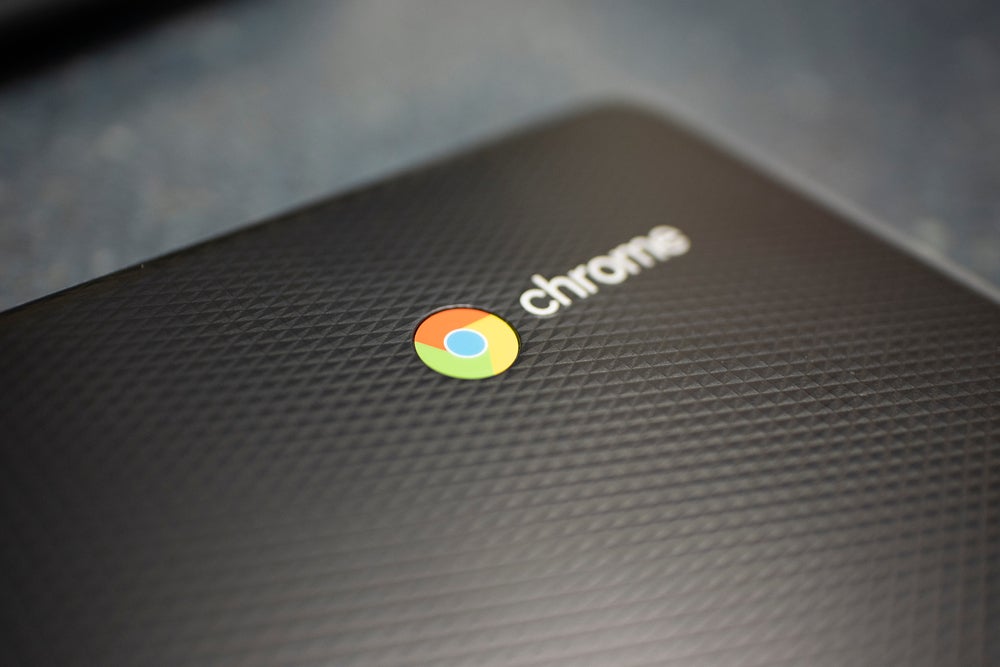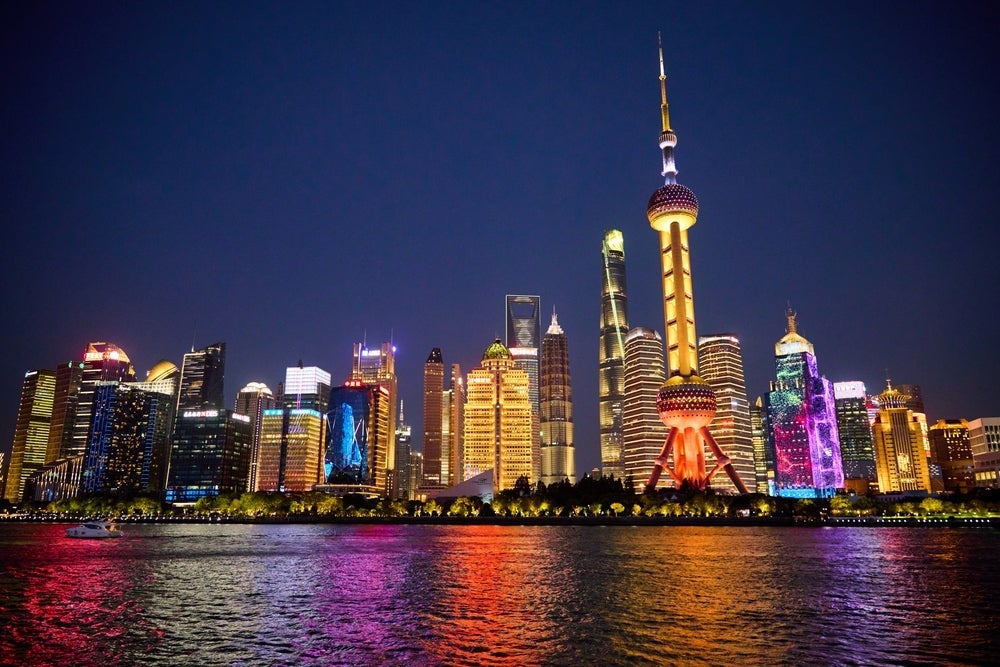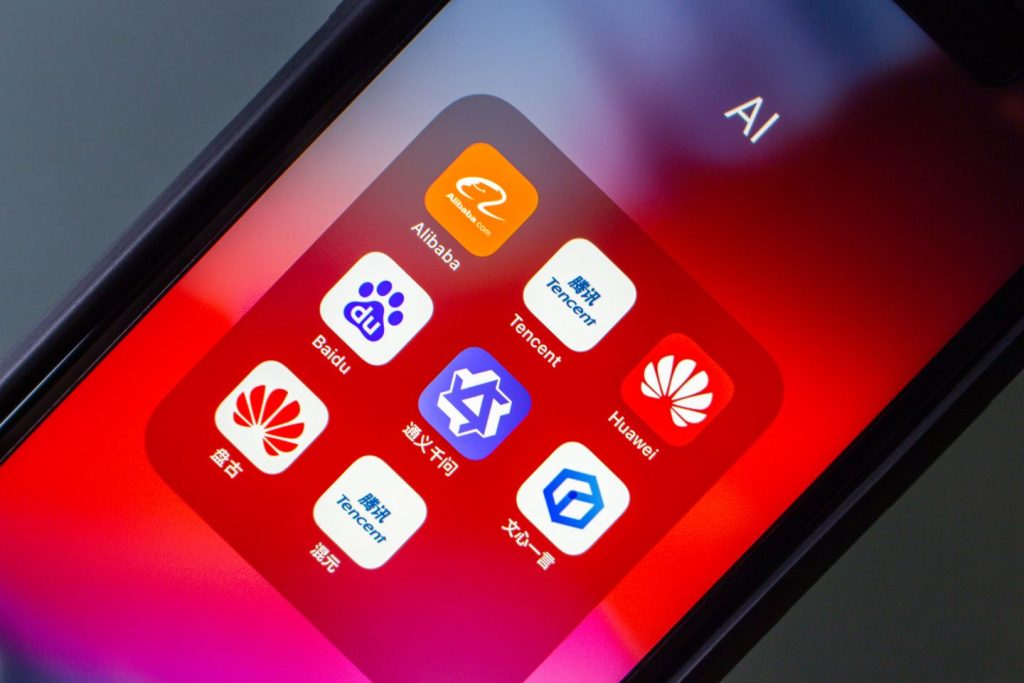
Alphabet-owned Google has announced it will be making its flagship Chromebook laptops in India, marking a major win for the country as it continues to attract manufacturing deals with Big Tech.
The decision to manufacture Chromebooks in India will increase Google’s supply to the country and be in a better position to compete with rivals like Dell, CEO Sundar Pichai said Monday (2nd October).

Access deeper industry intelligence
Experience unmatched clarity with a single platform that combines unique data, AI, and human expertise.
“These are the first Chromebooks to be made in India and will make it easier for Indian students to have access to affordable and secure computing,” Pichai wrote on X, formerly Twitter.
The search engine giant will be partnering with HP to carry out the manufacturing.
Prime Minister Narendra Modi has been looking to capitalise on Big Tech increasingly moving away from China, following an ongoing trade war with the US and strict Covid restrictions.
In May, India unveiled a $2.1bn financial incentive plan to draw makers of laptops and computer hardware to the country.

US Tariffs are shifting - will you react or anticipate?
Don’t let policy changes catch you off guard. Stay proactive with real-time data and expert analysis.
By GlobalDataGoogle moving to manufacture in India will mean it can keep a steady supply of Chromebooks to the country of 1.4 billion people, without worrying about potential import sanctions.
The news comes as computer hardware deals in India have seen a major increase over the past two years, according to GlobalData’s deal database.
In 2023 so far, computer hardware deals in India totalled $2.9bn, significantly increasing from 2021, which saw computer hardware deals total just $74m.
The value of computer hardware deals have exceeded 2022 volumes so far this year too, as deals valued $2.7bn last year, according to the research company.
Our signals coverage is powered by GlobalData’s Thematic Engine, which tags millions of data items across six alternative datasets — patents, jobs, deals, company filings, social media mentions and news — to themes, sectors and companies. These signals enhance our predictive capabilities, helping us to identify the most disruptive threats across each of the sectors we cover and the companies best placed to succeed.







